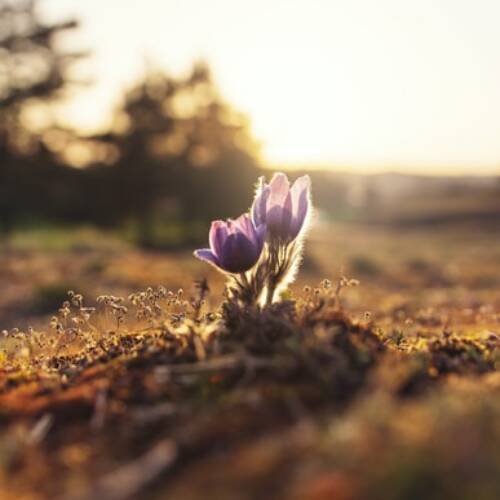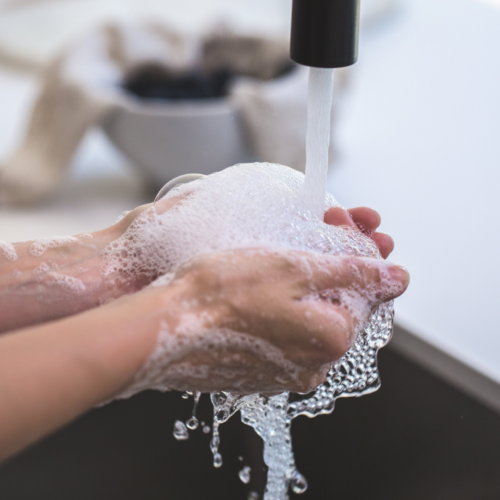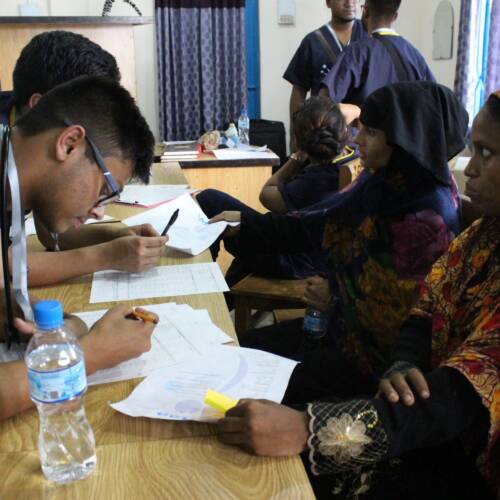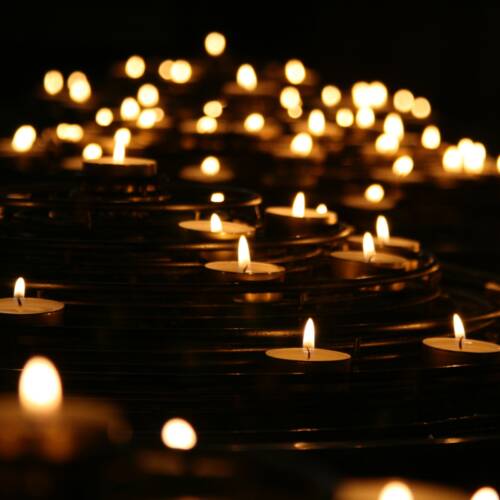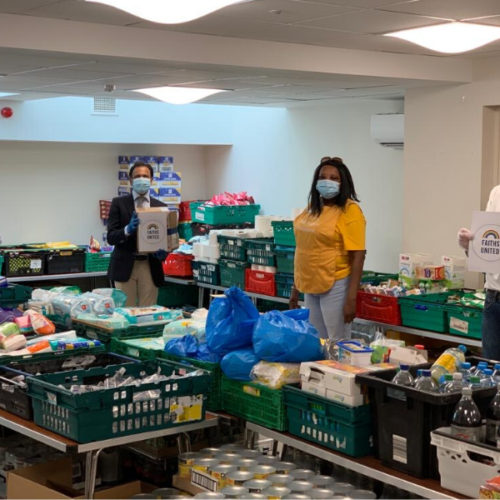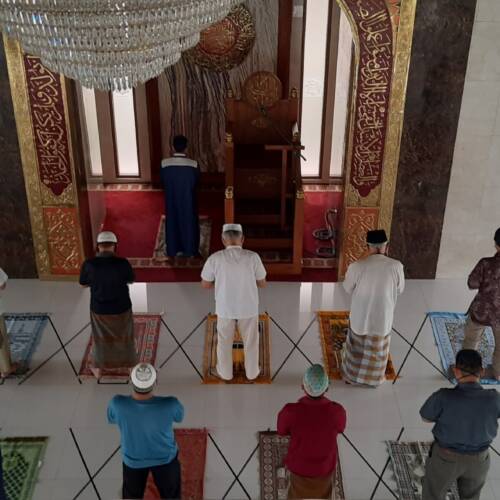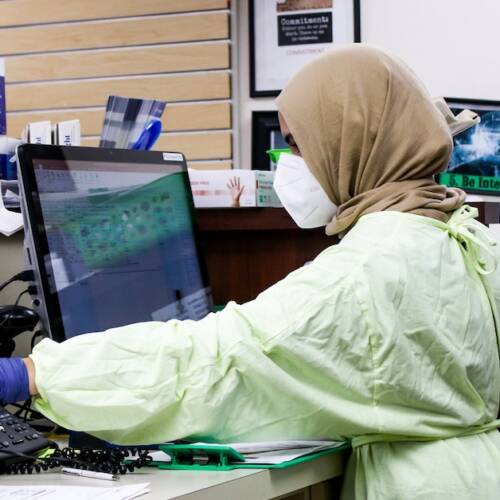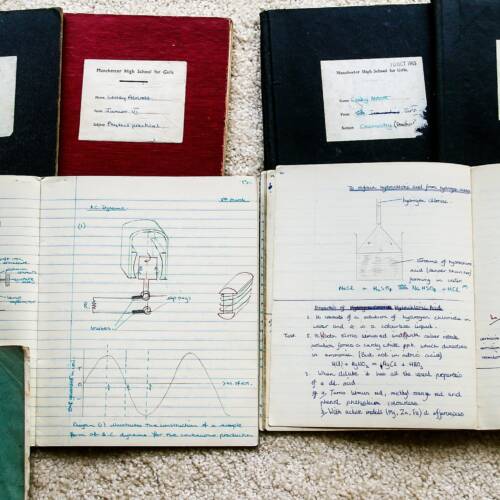
Does Islam teach you to be Hygienic?
28 Oct 2021Hygiene is one of the main concepts of belief upon which some of the pillars of Islam are dependent. In Islamic belief, obedience and religious practices revolve around hygiene. The Holy Qur’an and Prophet Muhammad in his teachings, put emphasis on cleanliness and purity as much as religious acts of obedience are accentuated. Cleanliness in Islam is not merely restricted to the daily hygienic practices, but is very broad and does not disregard any measure of purification. In Islam, the issues from personal hygiene, such as the cleanliness of the body and hair, and the oral and dental hygienic practices to the issues with regards to clothing, furniture, streets and the purification of the dead are all discussed. Prophet Muhammad has narrated to have said, “Try to be clean as much as you are able to. Verily, Allah has based the foundation of Islam on cleanliness; hence, never can a person enter Paradise but the clean ones.” [1]
Allah Almighty in the Holy Qur’an says, “Allah loves the penitent and He loves those who keep clean.” [2] This indicates that not only does Allah love those who purify their souls through repentance, but also those who purify their physical selves. Thus, a religion that encourages the purification of the mind and soul, how can it not emphasise the cleanliness of the body. Allah Almighty has sent down Qur’anic revelations and a purified messenger as a perfect role model in cleanliness to teach us these hygienic practices, and this is shown in the verse, “We sent to you an apostle from among yourselves, who recites to you Our signs and purifies you, and teaches you the Book and wisdom.” [3] The Prophet was the most abiding by the Islamic laws of purification, which he taught the people in order to purify them. The Prophet’s weekly hygiene routine included clipping the nails, removal of body hair, trimming the moustache and application of oil to the body.
In the West, the importance of personal hygiene was slowly recognised and applied throughout the years following the emergence of contagious diseases that went out of control. In previous years, these included the outbreaks of the Spanish flu, Cholera, AIDS, SARS, Swine flu, Ebola and currently COVID-19. Dr Tedros Adhanom Ghebreyesus, Director-General of the World Health Organization, says, “COVID-19 has threatened the lives and livelihoods of everyone on the planet. To respond, we must take several urgent actions.” In a pandemic, the development of treatment and vaccination is a fairly long process, and thus preventative measures are the most effective strategy to control the spread of the disease. This is where personal hygiene plays a role.
Some of these preventative measures include the washing of hands, wearing masks, and social distancing in order to protect yourself and those around you. In Islam, these hygienic practices were taught by Prophet Muhammad to the Muslim community over 1400 years ago. For instance, Prophet Muhammad had introduced the idea of quarantine before it was invented. The Prophet had said, “If you hear of an outbreak of plague in a land, do not enter it; and if it breaks out in your land, do not leave it.” [4] Likewise, the washing of hands is another hygienic practice performed by the Muslims known as wudhu. Wudhu is an Islamic ritual washing that is carried out before praying; this practice includes the washing of the hands, face arms, and feet. There are certain impurities that require the wudhu to be repeated, and these include urination, defecation, flatulence and sleep. The prophet even teaches us to brush our teeth before performing the washing ritual. Further, another ritual washing is ghusl. This is where the person is required to wash the body from head to toe following the completion of a female’s menstrual cycle, and following sexual activity. In the absence of water, or water being harmful due to injury, Muslims are obliged to purify their hands and face using clean dust, a ritual purification known as tayammum. In Islam, the Earth is used as the second purifying agent subsequent to water.
Mohamed Karama says, “I think the most important thing is for Muslims to be able to contextualize religion into the pandemic.” For Muslims, these religious rituals can be incorporated into the hygienic practices taken as preventative precautions against COVID-19. Islamic hygienic practices help with the prevention of the virus along with use of cleansing products, such as soap and hand sanitiser. It is essential these hygienic recommendations are put into practice in an effort for the protection of the well-being of individuals and communities.
References
[1] Kanz-ul-‘Ummal, Tradition 26002
[2] Qur’an 2:222
[3] Qur’an 2:151
[4] Sharh Usul al-Kafi, vol. 12, p. 44





